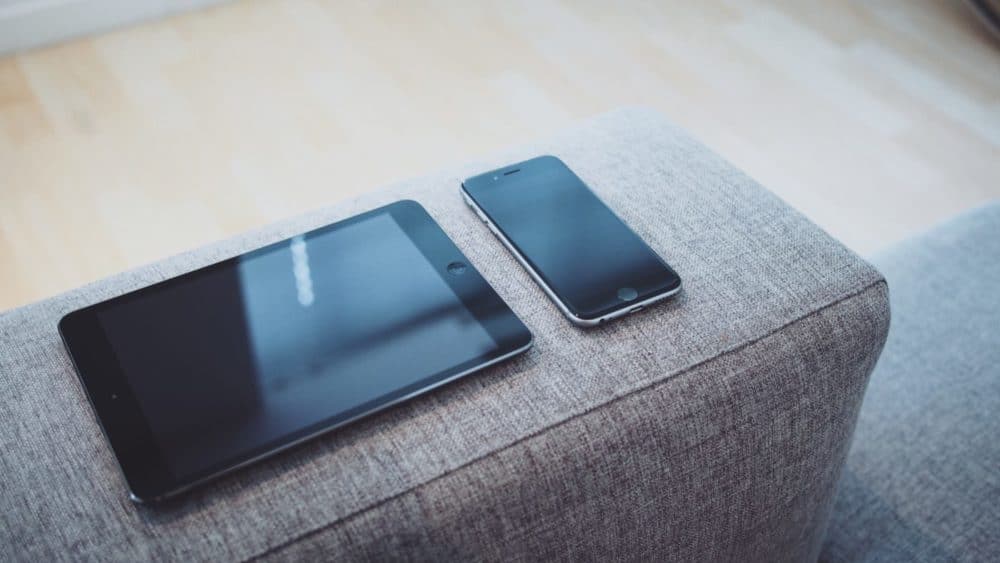I came across this article extolling the virtues of the BYOD movement – where employees bring their own device(s) to work, rather than those provided by their employer.
There are some up-sides to this, including being able to use the phone or laptop of your choice, even the software of your choice. This can allow employees to have ‘tools for the job’ that they really want to use, rather than equipment they feel they’ve been encumbered with.
While the article points out that companies may end paying more due to the lack of purchasing power a company-wider mobile phone plan would offer, the author points out that:
Also, there is the argument that employees may be more productive because they are working on their own devices. As well as increased levels of staff motivation, which comes from staff being able to take their tablets and phones home with them, they may end up doing more work in their own time as well. This can only be an added bonus to the business in terms of increased productivity.
And right there is the issue for me. If employees are living off a single mobile phone, rather than separate work and personal devices for example, the risk of work overspilling into their personal lives increases. Imagine colleagues in different time zones calling you at night or even the weekend. Imagine your work emails popping up on screen when you open your laptop on a Saturday morning to check the news.
It’s not a thrilling prospect, is it?
While you might be delighted at the thought of being able to use your phone of choice at work, I’d suggest you also think twice about how you can proactively manage the boundaries between work and home, to prevent those night-time calls.
While you can allow calls to go to voicemail, it can take real willpower not to read or act on work emails you come across ‘after hours’.
Alternatively, you can learn how to become a power user of your phone and switch off your work account each Friday night. You can find simple online instructions for how to do this on an iPhone. Work-email free evenings and weekends are just a tap away.
Admittedly, this does nothing to address the source of the problem: large volumes of work-related communications coming at us 24/7. But it can give you a sense of control over what you see, and when.

